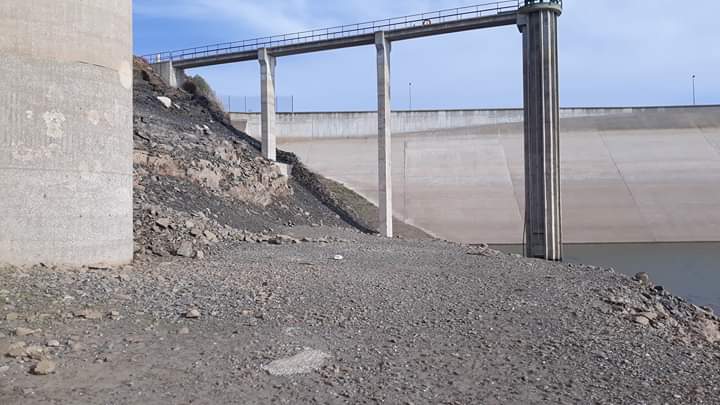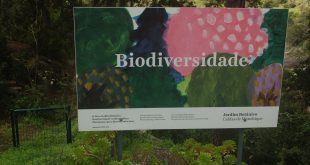Saturday, June 6th, 2020
by Uwe Heitkamp
Consider the following facts. Due to climate change, it has been raining less and less in the south of Portugal for a number of years, with insufficient rainfall to supply its ten million annual travellers. The current annual rainfall is between 350 and 400 mm. During the last three winters, it has rained so little that the water reservoirs, the seven dams of Odeleite, Beliche, Arade, Silves, Odelouca, Bravura and Santa Clara, are on average only 22 percent full. The dams protrude from the earth and the reservoirs are almost empty. Last October, the Beliche reservoir was completely empty. You could walk from one bank across to the other.
What if…
The Agência Portuguesa do Ambiente (Portuguese Environment Agency, APA) and the Águas do Algarve SA informed the Algarve’s Tourism Board (RTA) and AMAL, an association of 16 counties, that this year, from the beginning of July, no more tourists will be allowed to enter the country, especially as there is no longer sufficient water supply? Faro airport would be closed for a second time this year from July 15th.

Even if water is drastically rationed, the local population can only be supplied with city water every day from 6 to 7 pm. There is an acute water shortage in southern Portugal, and a red line has already been crossed – this was the warning from a conservative member of parliament in the National Assembly, José Vitorino, as early as January at a citizen’s meeting in Lagos.
What kind of economic system have we created for ourselves if we do not honour such basic necessities for life – respecting them, guarding them, and looking after them?
What do you think will happen in the Algarve if the tourist season officially ends on July 1st? Don’t bother with criticism. We are looking for solutions. Make constructive suggestions as to how the problem of water shortages in the south of Portugal can really be solved. Think about the goal of being able to supply all people with clean water again – and if this cannot be done immediately, approach the goal step-by-step using sustainable measures.
Send your ideas and suggestions to info@eco123.info
 Eco123 Revista da Economia e Ecologia
Eco123 Revista da Economia e Ecologia


